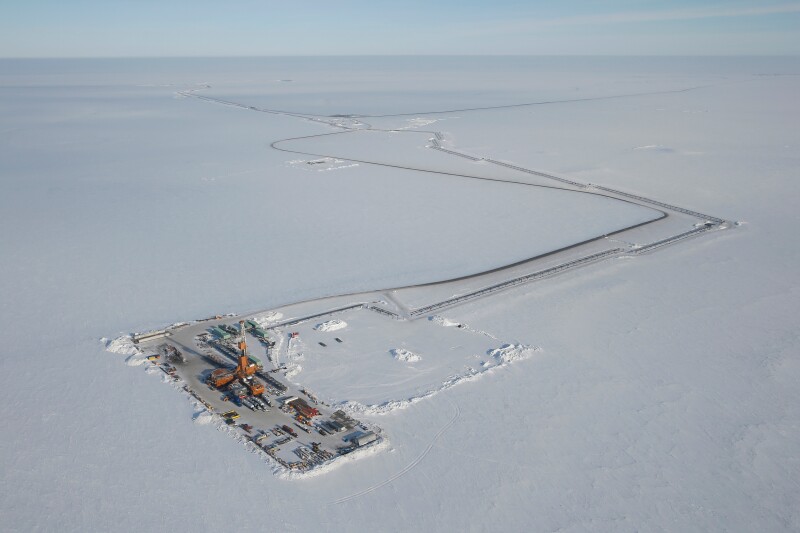ConocoPhillips’ multibillion-dollar Willow oil and gas project on the Alaskan North Slope can progress, a federal judge in Anchorage ruled on 9 November.
US District Court Judge Sharon Gleason rejected requests by environmental and tribal groups who argued that the $8 billion project’s approval issued in March by the US Department of the Interior did not adequately consider its contribution to climate change and potential harm to the region’s inhabitants and wildlife.
Opponents claim the project would release carbon dioxide emissions equivalent to driving 2 million extra cars for the next 30 years, causing devastating harm to the environment, Arctic wildlife, and nearby people who depend on the land for subsistence.
Gleason dismissed the claims presented in two lawsuits against the Willow project in the federally designated National Petroleum Reserve-Alaska.
According to an Associated Press report, Gleason found that ConocoPhillips Alaska has the right to develop its leases in the reserve “subject to reasonable restrictions and mitigation measures imposed by the federal government.”
Gleason added that the alternatives analyzed by the US Bureau of Land Management as part of its review were consistent with the policy objectives for the petroleum reserve and the stated purpose and need of the Willow project.
ConocoPhillips Alaska welcomed the decision upholding the BLM’s decision and said it would proceed with plans for a full winter construction season for Willow infrastructure.
“The court’s decision confirms our confidence that the BLM’s review complied with all legal requirements,” said Erec Isaacson, president of ConocoPhillips Alaska. “Willow underwent nearly 5 years of rigorous regulatory review and environmental analysis, including extensive public involvement from the communities closest to the project site. We want to make this project a reality and help Alaskan communities realize the extensive benefits of responsible energy development.”
According to the company, the project is designed to support and coexist with subsistence activities, including rigorous adherence to approximately 270 protective measures currently in place for the National Petroleum Reserve-Alaska. Willow has broad support from North Slope stakeholders and other Alaskans.
“Now, more than ever, America’s natural resource development must be prioritized to enhance our nation’s energy security. We are grateful for the steadfast support this project received from the bipartisan Alaska Congressional Delegation, Alaska Native organizations, trade and labor unions, and the State of Alaska,” Isaacson added.
Environmental groups vowed to fight the decision. Erik Grafe, an attorney with Earthjustice representing several environmental groups in one of the cases, called the ruling disappointing and said an appeal was planned.
“While today’s ruling is disappointing, we are entirely confident in our claims and plan to appeal to the higher court,” he said. “Beyond the illegality of Willow’s approval, Interior’s decision to greenlight the project in the first place moved us in the opposite direction of our national climate goals in the face of the worsening climate crisis.”


